Why You Should Befriend Your Competitors
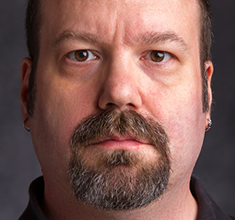 In May of 2001, I launched a martial arts community with a focus on respectful discussion and a generally family friendly atmosphere. The very next month, Bob Hubbard did the exact same thing. From an outward perspective, you might label us competitors and expect us to dislike each other.
In May of 2001, I launched a martial arts community with a focus on respectful discussion and a generally family friendly atmosphere. The very next month, Bob Hubbard did the exact same thing. From an outward perspective, you might label us competitors and expect us to dislike each other.
But we developed a friendship based upon mutual respect, which allowed us to compare notes and share knowledge around common challenges. On this episode, we discuss the benefits of being friendly with those managing “competing” communities. Plus:
- Community “brigading,” or coordinated attacks meant to disrupt an online community
- The threats that we received running communities where, more often than not, the members have been taught a form of physical combat
- How Bob approached selling his forum
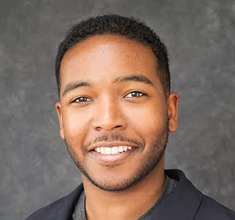 It feels like the quality of discourse in the United States, and many other countries, gets worse every single day. Especially political discourse. But in online community settings, it is possible to identify the the threads to civil discourse and neutralize them.
It feels like the quality of discourse in the United States, and many other countries, gets worse every single day. Especially political discourse. But in online community settings, it is possible to identify the the threads to civil discourse and neutralize them.
 Six and a half years ago,
Six and a half years ago, 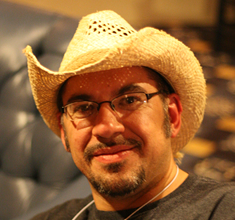 When
When 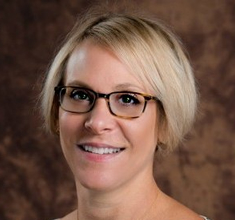 There’s a lot of money in the association space, especially when it comes to helping associations connect their members online. The biggest example of this might be the
There’s a lot of money in the association space, especially when it comes to helping associations connect their members online. The biggest example of this might be the  All community professionals want to work at organizations where they have the buy-in to deeply invest in community. But many of us don’t. We’re fighting for that buy-in, so the true value of community can be realized.
All community professionals want to work at organizations where they have the buy-in to deeply invest in community. But many of us don’t. We’re fighting for that buy-in, so the true value of community can be realized.
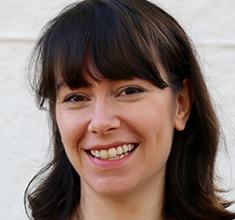 “The
“The  According to our guest on this episode, much of the news industry is engaged in a battle they can’t win, a fight over eyeballs and ad revenue with companies like Google and Facebook, where the terms will get worse and worse as time goes by.
According to our guest on this episode, much of the news industry is engaged in a battle they can’t win, a fight over eyeballs and ad revenue with companies like Google and Facebook, where the terms will get worse and worse as time goes by.
 One of the reasons that companies get acquired is because of the community they have. The loyal customers, the active members, the people that are directly tied to the revenue that the company generates. When a company with a strong community is acquired, what should the new company do with their community team?
One of the reasons that companies get acquired is because of the community they have. The loyal customers, the active members, the people that are directly tied to the revenue that the company generates. When a company with a strong community is acquired, what should the new company do with their community team?
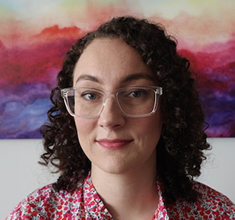 Last month, a man
Last month, a man